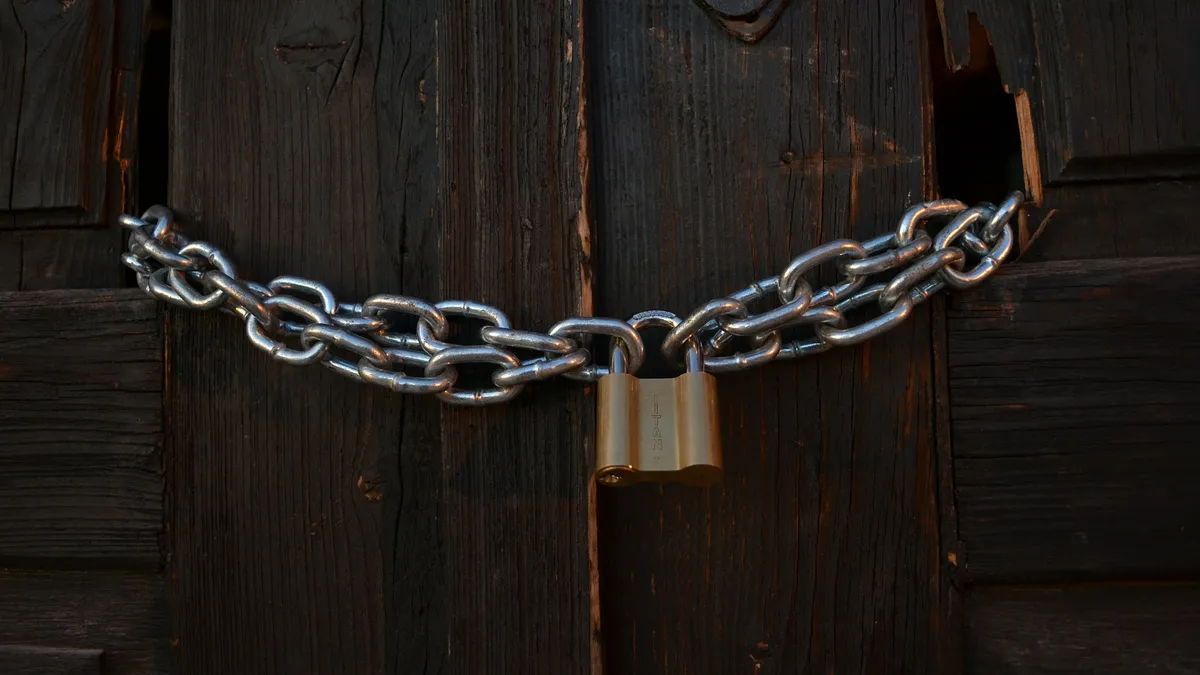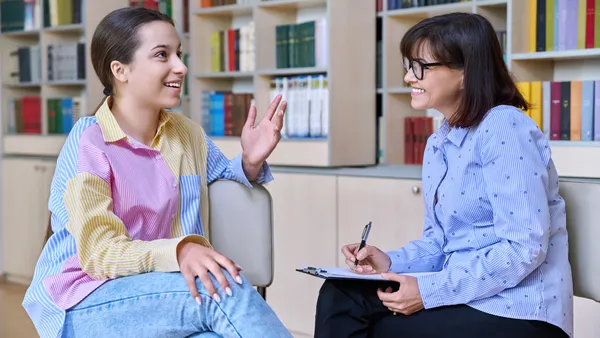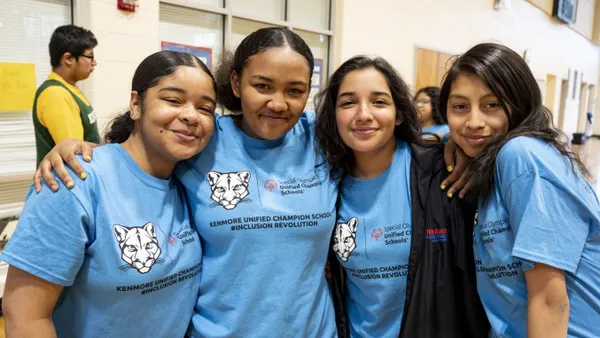Dive Brief:
-
A Chalkbeat review of 17 school closure studies published over the last 10 years, focused on how those closures affected students’ academic performance, examines the impact these events have on students future achievement.
-
The findings reveal that the displaced students’ graduation rates and college enrollment rates typically drop, along with immediate test scores — though that difference faded after three years. Not too surprisingly, some students who end up in higher-performing schools do better academically, but these scenarios are "more exception than rule," Chalkbeat reports.
-
There are also negative impacts on students in schools that receive an influx of displaced students, and there's very little research into how future students fare when a school is closed.
Dive Insight:
Sometimes schools close because they have low enrollment. Other times, closures are due to underperformance. Despite the reasons, the research suggests students typically suffer when schools close. While schools with a higher enrollment of students of color and low-income students are more likely to be shut down for poor performance, the majority of those students don’t end up in better schools — though those who do may see academic success, according to the Center for Research and Education Outcomes.
Additionally, though the studies in question followed the students and the impacts of closures on their later success, they didn't examine the impact on their communities.
It’s important to note that displaced students may find themselves traveling further to attend school, often through sketchy neighborhoods. This problem cropped up in Chicago, where the school district implemented a Safe Passage program that placed hundreds of adult monitors on streets to ease school commutes that went through potentially dangerous areas. Though the solution was effective, it was also expensive, begging the question of whether the closures actually saved money.
Districts should also consider the legal ramifications of closing schools. Often, attorneys are called in to represent the students of the schools set to be closed. They'll consider what type of harm could befall a student if their home school closes and address issues like the potential of lost school records, the quality of the new schools, and how it will affect students with disabilities. There are also social issues to address in some cases, such as whether the new school forces rival gangs to co-exist. While districts do tend to win when a school closing is litigated, seeking legal advice before making that call can avoid a number of pitfalls.














